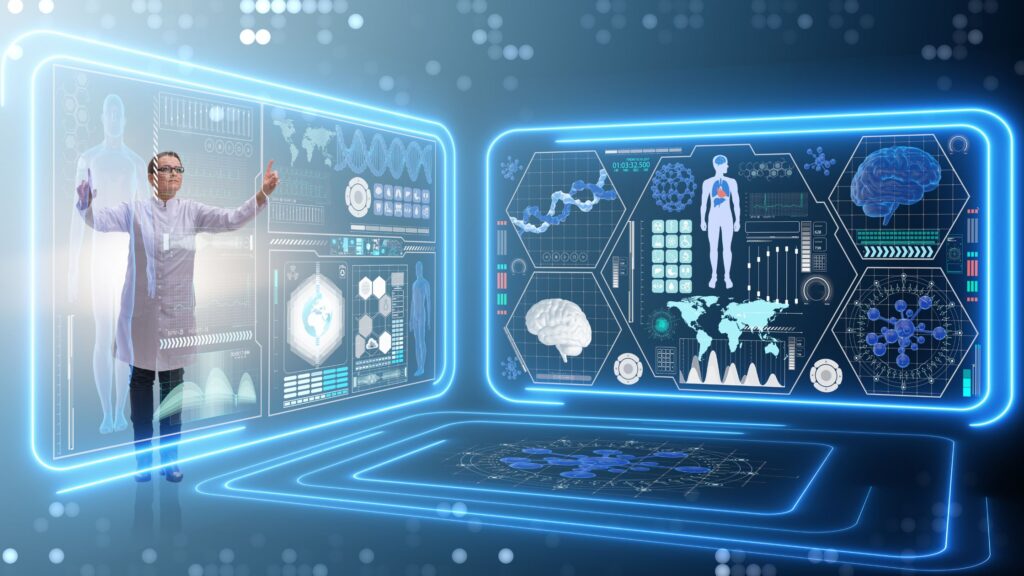Like many other sectors, artificial intelligence (AI) is revolutionizing the healthcare one. From increasing patient care to raising diagnosis accuracy, artificial intelligence is profoundly changing everything. Artificial intelligence is transforming claims processing, a key area. Important for patients, insurance companies, and healthcare professionals, this procedure has historically been time-consuming, difficult, and prone to mistakes. AI-Powered Claims Automation, however, simplifying these tasks, accelerating them, and increasing accuracy and efficiency.
Streamlining claims processing with AI
From establishing insurance coverage to figuring eligibility and handling payments, claims processing calls several procedures. By automating many of these actions, artificial intelligence is transforming this process. By analysing and processing claims far faster than humans, machine learning techniques help to shorten the time needed for claims to be accepted or refused. While guaranteeing compliance with laws, AI-driven systems may rapidly evaluate the legitimacy of claims, cross-reference medical records, and identify any disparities or possible fraud.
Reducing Errors and Fraud
Processing claims has always presented a difficulty for human mistakes. Delayed payments or refused claims could result from mistakes in data entry, coding problems, or medical record misinterpretation. Still, AI-Powered Claims Automation can assist to eradicate these mistakes. Using advanced algorithms, artificial intelligence guarantees accurate processing of claims, therefore lowering the chance of errors that can cause expensive delays or denied claims.
Shaping the Future of Healthcare
One-way artificial intelligence is changing the direction of healthcare is in claims processing. AI releases healthcare workers to concentrate more on patient care by raising the efficiency of administrative chores. Furthermore, the capacity of artificial intelligence to examine enormous volumes of data can result in improved decision-making in regard to medical treatment and claims approval. As artificial intelligence develops, its effects on healthcare probably will get more significant. From tailored treatment plans to predictive analytics for patient outcomes, artificial intelligence will be increasingly important in improving operational efficiency and the caliber of therapy given to consumers. Unquestionably, the future of healthcare is entwined with ongoing artificial intelligence development; claims processing is only the start of the several ways AI will transform the sector.
Through faster, more accurate, more efficient processing, artificial intelligence is transforming claims processing in healthcare. AI is enhancing the experience for healthcare professionals, insurance companies, and consumers all around by automating manual chores, lowering mistakes, and spotting fraud. The impact of artificial intelligence on the healthcare sector will only become more evident as it develops, so guiding a future in which administrative procedures are simplified and patient treatment is maximized.

